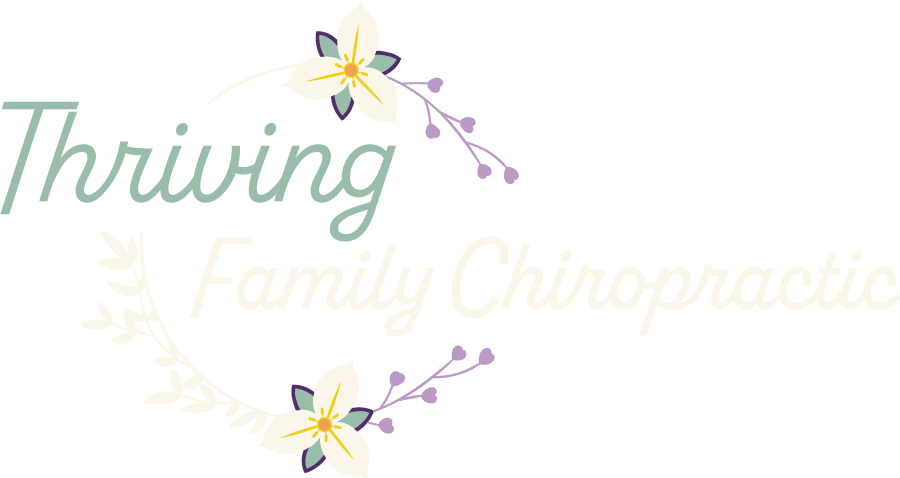How Getting Dirty Supports Our Health
“Every child needs nature. Not just the ones with parents who appreciate nature. Not only those of certain economic class or culture or set of abilities. Every child.” -Richard Louv
One of my favorite smells is petrichor. If you’re not familiar with what that is, it’s defined as the pleasant smell that frequently accompanies the first rain after a long period of warm, dry weather. Just thinking of that scent reminds me of playing outside as a kid, and now playing with my own kids outdoors. It’s a smell of connection to the earth for me, and one you can experience the same smell by digging into a moist layer of dirt while gardening, or building ponds, or making mud pies.
Dirty play is good for kids, and reminds us as adults to live close to the earth and enjoy all it has to offer.
I know it can be a controversial idea these days, but our children need to get dirty! Not saying that they should lick a countertop someone sneezed on or not wash their hands before eating, but living in a sterile, fear of germs environment can be detrimental to our children’s health.
In 2016 a study was published that took a look at why the Amish tend to have much lower incidence of asthma and allergies. The conclusion was that the experience of working on the farm and being around animals contribute to increased innate immunity. Milking the cows, gathering eggs, planting a garden, spending time outside regularly, can help us to have a robust immune system.
How to Implement a Dirty Health Practice
Camping is a great way to get outside with the kids and get a little (or a lot) dirty. There are many well documented health benefits of camping:
Outdoor air is healthier (generally)
Being in nature reduces stress/cortisol load (explore the concept of Japanese nature bathing)
Sleeping outdoors can help with sleep trouble
Not to mention the excitement of developing new skills like fire and shelter building, cooking, etc.
You don’t have to go far to camp either, your backyard counts!
Garden with your children. Let them help plan, prep, plant, and cultivate. Gardening together is a great chance to create lifelong memories for your family, and kids tend to be more likely to eat the veggies they grew and picked. A little added bonus.
Expose your children to animals. This could be a visit to a petting zoo, a friend's house, or in your own home. There are so many options from a family dog or horse, to owning chickens and goats.
We All Need Time In Nature for Optimal Health
From playing outdoors after school or work, camping and hiking trips, to hanging out with a family pet or visiting your neighbor’s animals, there are so many ways for us to pull nature back into our lives. We’re part of the world, after all, and our bodies are adapted to use the information and stimuli we experience to learn how to protect ourselves.
While making sure that our kids wash their hands after using the bathroom is an important part of being healthy, it’s important not to go overboard in the name of cleanliness. That old adage of “a little dirt never hurt” turns out to be truer than you might expect.
Let’s get back to letting our kids play by exploring the outdoors, getting dirty, jumping in that mud puddle, climbing that tree, smelling all the flowers, catching that lizard. It’s good for their brains, and, it turns out, their immune systems.
For more information on this topic I recommend reading Last Child in the Woods by Richard Louv.

